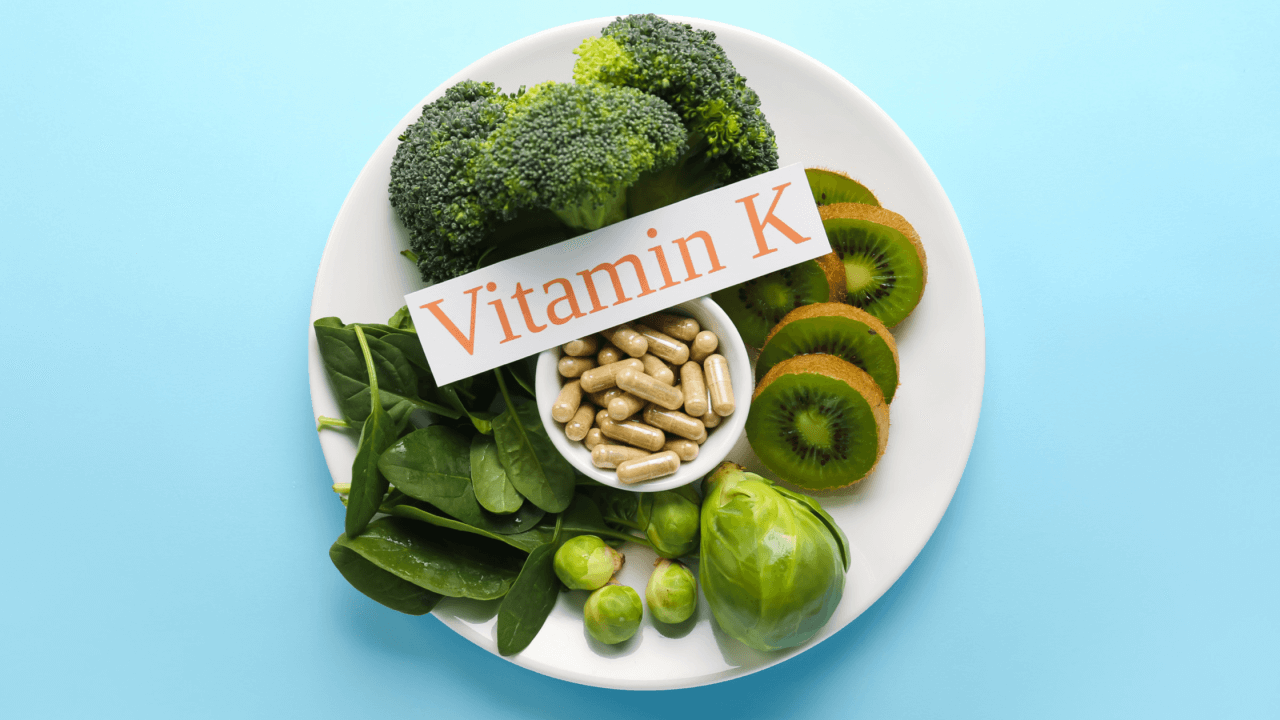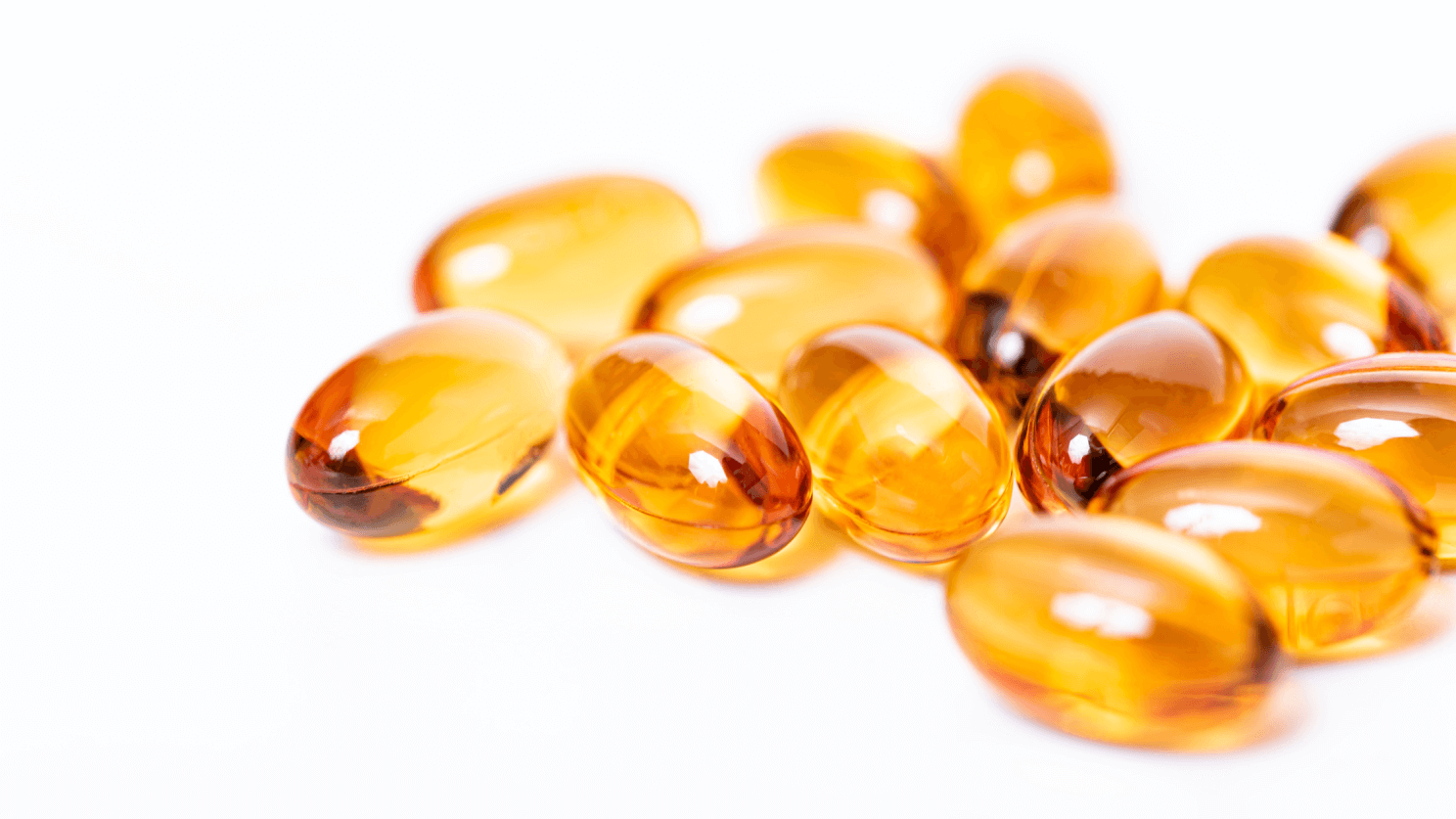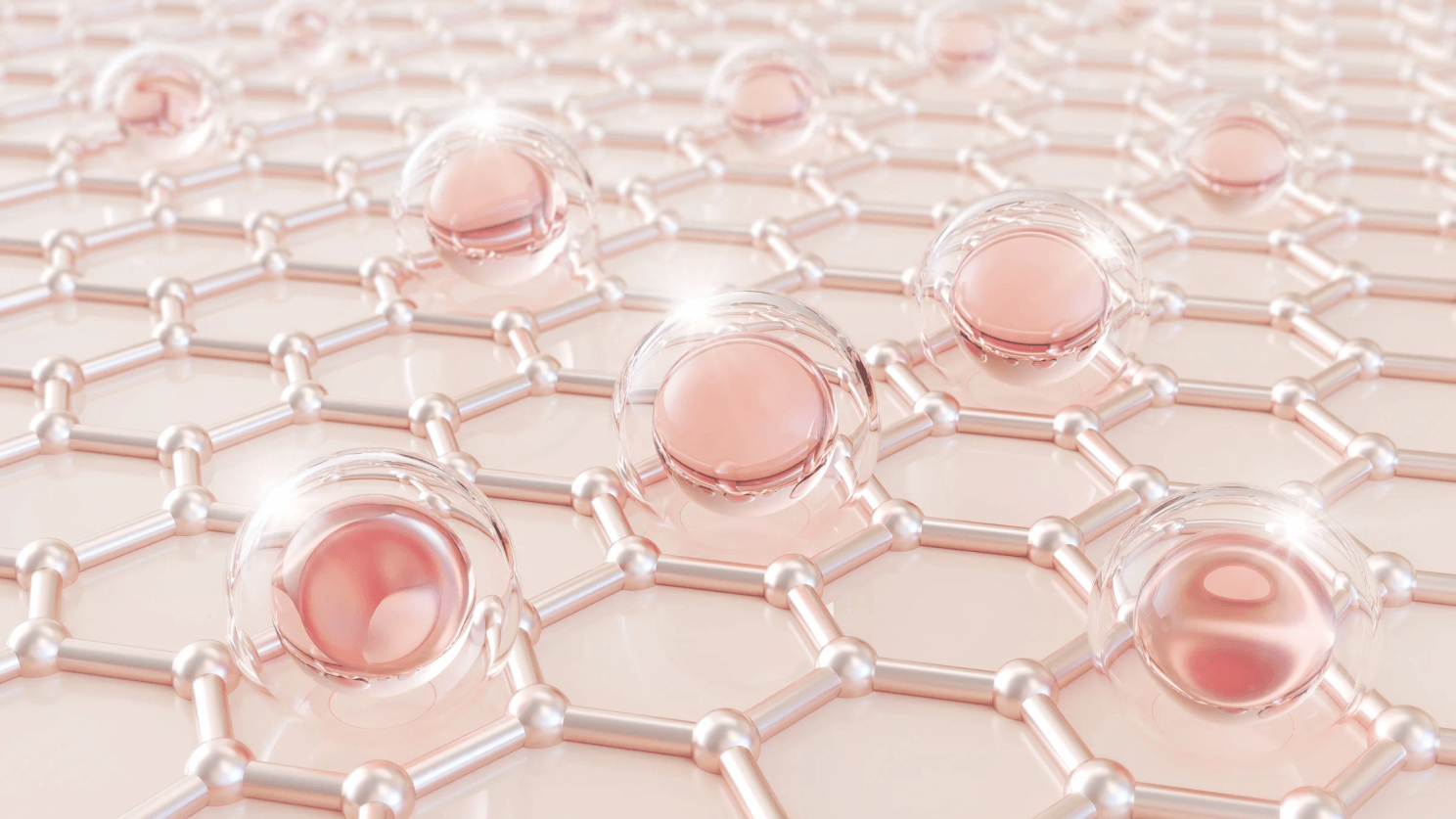Best Vitamins for Healthy Skin: Top 5 to Get from Food and Supplements
Every day, your skin — your body’s largest organ — protects you from the outside world. You can treat your skin right by staying active, limiting your sun exposure, drinking plenty of water, and getting essential nutrients from food and supplements.
Today, we’re focusing on the most important nutrients, specifically vitamins, for your skin. The following are the best vitamins for healthy skin that you need.
1. Vitamin E: Anti-Inflammation and Sun Protection
Vitamin E is a lipid-soluble antioxidant found in the skin’s oil (sebum). Two of the main benefits of Vitamin E for the skin involve UV sun exposure and inflammation.
As an antioxidant, vitamin E has photoprotective effects, which is why it’s popular in topical beauty products for skin protection and sunscreen.
Several studies have demonstrated vitamin E’s ability to prevent inflammation-related damage from UV exposure.[1] In addition, topical vitamin E can help decrease signs of inflammation, like skin thickness, swelling, and edema (swelling caused by fluid in the tissue).
Besides preventing sun exposure-related inflammation, evidence has shown vitamin E helps chronic skin inflammation in conditions like contact dermatitis and psoriasis.[2]
Additionally, vitamin E is well-known for boosting collagen and promoting anti-aging effects.
Besides skin conditions, consuming vitamin E plays a role in preventing and managing common chronic diseases like diabetes, heart disease, and stroke. Vitamin E is also commonly used in cosmetic and diet applications for anti-aging, immunity, and pain relief.
2. Vitamin A: Collagen and Skin Protection
Vitamin A is another one of the best vitamins for healthy skin. Some of the ways vitamin A works includes:
- Halting collagen breakdown that can result from sun damage[3]
- Helping wounds heal and oil glands work correctly[4]
- Providing skin protection against sunburn (however, it is not a sunscreen substitute)
Retinoids, including vitamin A and its derivatives, are commonly used in skincare products for anti-aging benefits. Evidence has shown retinoids as helpful for treating acne and sun-damaged skin.[5] This vitamin is also used to treat various skin conditions, such as eczema, psoriasis, acne, and cold sores.
3. Vitamin C: Healthy Aging
Your skin naturally contains high levels of vitamin C, also known as ascorbic acid. Vitamin C supports essential functions that impact the skin, including stimulating collagen production and sun protection.[6]
We know that vitamin C is crucial for skin health, evidenced by the symptoms of scurvy. There is also evidence that naturally-aged and sun-aged skin could have lower vitamin C levels.[7]
Thankfully, vitamin C deficiency is rare in developed countries due to dietary supplements and easily-accessible food sources.
4. Vitamin D: the Sun-Friendly Skin Vitamin
Vitamin D is a unique nutrient because its primary source for humans is the sun. UVB waves from sunlight stimulate a cholesterol precursor in the skin to create vitamin D3.
Vitamin D is responsible for many beneficial processes in the skin, including:
- Maintaining processes that are necessary for wound healing, normal cell growth, and protecting the skin barrier[8]
- Preventing uncontrolled cell proliferation that can lead to certain cancers
- Regulating the expression of an antimicrobial protein that promotes tissue repair and wound healing[9]
Vitamin D also contains photoprotective properties that might prevent sun damage-related conditions, like aging and cancer.
Although our bodies can create vitamin D from sun exposure, too much time in the sun increases the risk of skin cancer. Plus, many people still experience vitamin D deficiencies.
The good news is we can increase vitamin D intake through foods, fortified foods, and regular supplementation.
5. Vitamin K: Proper Clotting and Healing
Those of us who remember learning about vitamin K in school might associate this vitamin with the word “clot.” That’s because vitamin K is essential for blood clotting needed to heal wounds and bruises.
Vitamin K is often found in topical creams for skin conditions or to reduce swelling and potentially speed up healing after surgery. Its functions might also help common skin conditions, like undereye circles, dark spots, stretch marks, and scarring.
Vitamin K is mostly found in green vegetables and supplements. You’ll most often find versions K1 (phytonadione) and K2 (menaquinone) in supplements.
6. What Other Nutrients Are Best for Healthy Skin?
Besides the above best vitamins for healthy skin, these minerals and nutrients are common in healthy skin supplements:
- Fish oil
- Zinc
- Iron
- Selenium
You might find these nutrients combined with the above vitamins in specific supplements and products for skin health.
Summing It Up
These five vitamins have various benefits for the skin, including sun protection, anti-inflammation, and faster wound healing. Supplements developed to benefit the skin may include a combination of these vitamins to promote skin health, healing, and anti-aging effects.You might find these nutrients combined with the above vitamins in specific supplements and products for skin health.
References
- https://lpi.oregonstate.edu/mic/health-disease/skin-health/vitamin-E
- https://www.nature.com/articles/s41598-020-73741-6
- https://pubmed.ncbi.nlm.nih.gov/10692106/
- https://pubmed.ncbi.nlm.nih.gov/31389093/
- https://lpi.oregonstate.edu/mic/health-disease/skin-health/vitamin-A
- https://www.ncbi.nlm.nih.gov/pmc/articles/PMC5579659/
- https://www.sciencedirect.com/science/article/pii/S0022202X15414435
- https://pubmed.ncbi.nlm.nih.gov/21664236/
- https://lpi.oregonstate.edu/mic/health-disease/skin-health/vitamin-D




